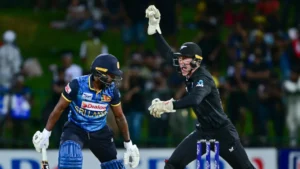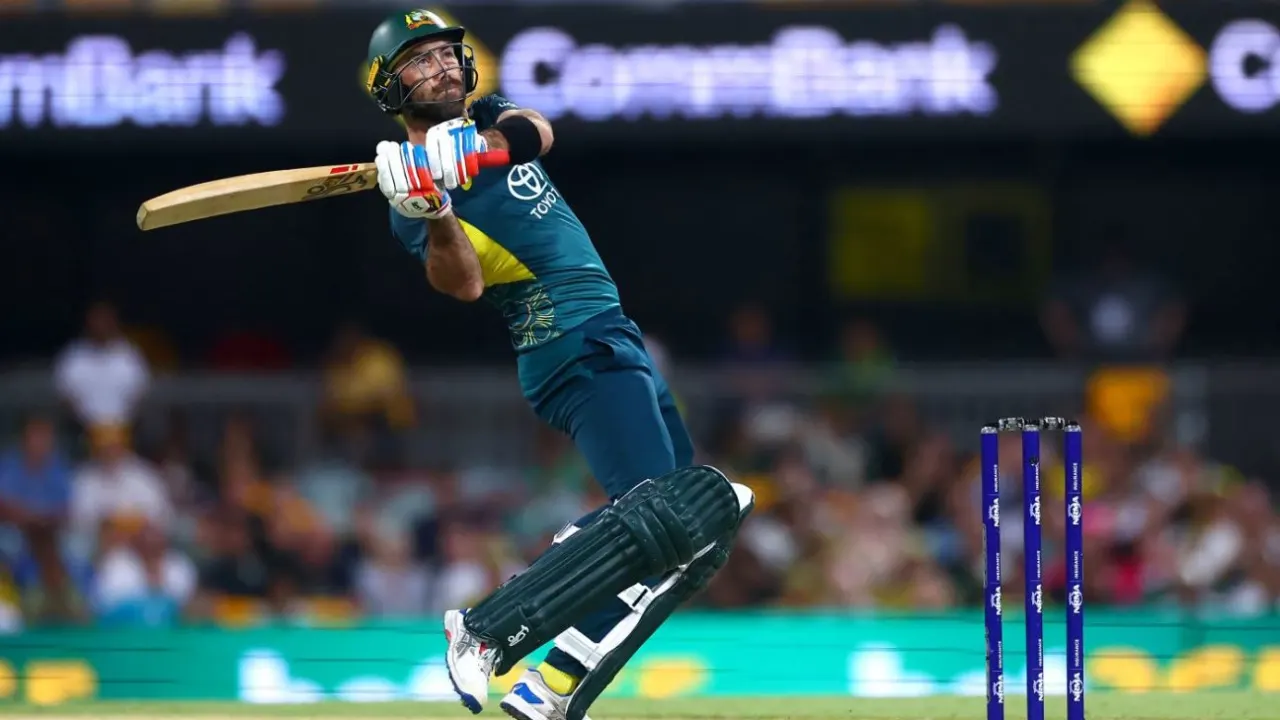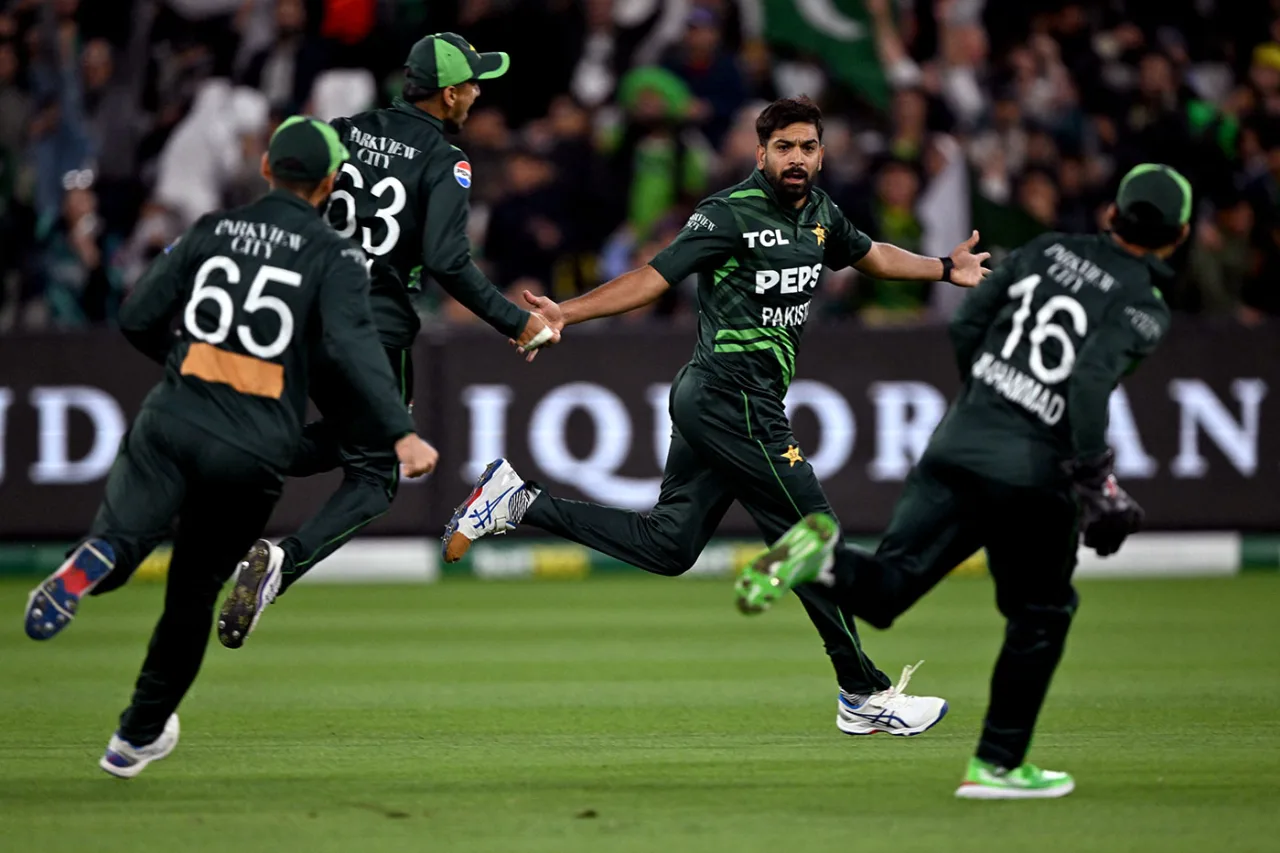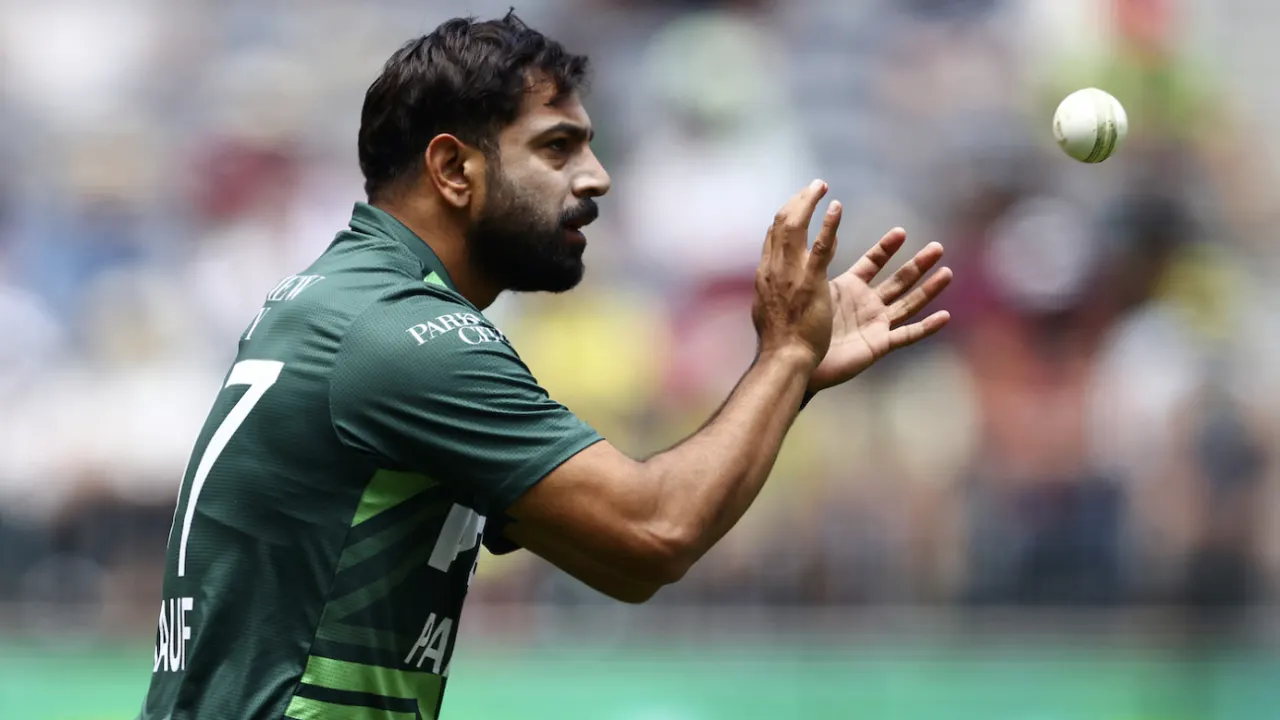In a surprising turn of events, Gary Kirsten resigns as Pakistan’s white-ball coach, just six months into his tenure, amid escalating tensions with the Pakistan Cricket Board (PCB) over selection authority. This article delves into the circumstances surrounding Kirsten’s departure, exploring the growing rift between him, his fellow coaches, and the PCB.
We’ll examine how the removal of coaching input in player selections has reshaped team dynamics, the swift appointment of Jason Gillespie as interim coach, and what this turmoil means for the future of Pakistan cricket as they prepare for critical upcoming tournaments.
Gary Kirsten Resigns as Pakistan’s White-Ball Coach
Gary Kirsten’s unexpected resignation as Pakistan’s white-ball coach marks a significant shift in the team’s management structure. Initially appointed on a two-year contract, Kirsten’s tenure was supposed to usher in a new era of success for Pakistan cricket.
However, less than six months into his role, he has stepped down, just days before a crucial ODI series in Australia. This decision has left many fans and analysts puzzled, as Kirsten was seen as a strategic leader capable of guiding the team through important tournaments.
Reasons Behind Gary Kirsten’s Exit from Pakistan Cricket
Several factors contributed to Kirsten’s exit from the coaching position. A significant disagreement over selection authority arose between Kirsten, his fellow coach Jason Gillespie, and the PCB. The board’s decision to strip the coaching staff of their selection powers created a rift that ultimately led to Kirsten’s resignation.
This move sidelined both coaches, who felt their expertise was being undermined. Kirsten reportedly wanted to have a say in team selections, particularly as the team prepared for upcoming challenges, but the PCB’s insistence on relying solely on a newly formed selection committee left him feeling powerless and frustrated.
Impact of Selection Committee Decisions on Coaching Staff
The selection committee’s decisions have far-reaching implications for Pakistan’s coaching staff and team dynamics. By removing the coaches from the selection process, the PCB has created a situation where the coaching staff’s insights and strategies may not align with the players selected.
This disconnect can hinder team cohesion and performance, as coaches and players may lack a shared vision. Moreover, the frequent changes in the selection panel—three in just three months—have introduced uncertainty, making it difficult for the coaching staff to develop a consistent game plan and foster long-term team development.
Jason Gillespie’s Interim Coaching Role in Australia Series
Following Kirsten’s resignation, Jason Gillespie has been appointed as the interim head coach for the upcoming series against Australia. Gillespie, who has experience coaching in various domestic leagues, now faces the challenge of leading the team under a cloud of uncertainty. His primary objective will be to stabilize the squad and navigate through the ongoing selection controversies.
The Australian series is pivotal, as it will set the tone for the team’s preparations for the ICC Champions Trophy. You can follow the latest updates on the fixtures and results for the Pakistan tour of Australia 2024-25, which will be crucial for Gillespie’s leadership.
The Rising Influence of the PCB Selection Committee
The recent developments have highlighted the growing influence of the PCB selection committee, which now holds significant power over team composition. This committee, composed of former players and cricketing professionals, has shifted the focus away from the coaches and captain, leading to questions about the overall strategy of the team.
The current setup has been met with skepticism from fans and analysts alike, as it risks creating a disconnect between the players and their coaching staff. With the coaches sidelined, there is a concern that the selection committee may prioritize personal agendas over the team’s best interests.
Aaqib Javed’s Role in Reshaping Pakistan’s Team Strategy
Aaqib Javed, a former fast bowler and a prominent figure within the PCB, has become a key player in reshaping Pakistan’s cricketing strategy. As a member of the selection committee, his insights and decisions significantly impact team selection and tactics. Javed’s approach has been characterized by an emphasis on data analytics and performance metrics, which some view as a refreshing change, while others argue it may overlook the intuitive aspects of cricket.
His influence has led to a new playing style being dubbed “Aaqib-ball,” which focuses on aggression and adaptability, yet this has also sparked debate among traditionalists who advocate for a more conservative approach.
Controversy Over Player Selection in Pakistan Cricket
The controversies surrounding player selection have become a recurrent theme in Pakistan cricket. With the frequent reshuffling of the selection committee, players and fans are left questioning the criteria used for team selection. High-profile omissions and unexpected inclusions have led to criticism of the PCB’s decision-making process.
The lack of transparency and consistency in how players are evaluated has fueled speculation and dissatisfaction among stakeholders. As the team approaches crucial matches, these selection controversies may affect players’ morale and confidence, further complicating the challenges faced by the coaching staff.
Mohammad Rizwan Appointed as New White-Ball Captain for Pakistan
In light of recent changes, Mohammad Rizwan has been appointed as the new white-ball captain for Pakistan. Rizwan’s leadership comes at a critical juncture, as he steps into a role fraught with pressure and expectations.
Known for his resilience and tactical acumen, Rizwan will need to unite the team and navigate through the existing tensions between the coaching staff and the selection committee. His appointment signals a shift in strategy, with hopes that he can bring stability and inspire a strong performance in upcoming series.
Effect of Coaching and Selection Disputes on Pakistan’s ODI and T20I Teams
The ongoing coaching and selection disputes have the potential to adversely affect Pakistan’s ODI and T20I teams. With Kirsten’s resignation, the team is faced with instability just as they gear up for significant matches.
Disruptions in leadership and strategy can lead to a decline in player performance, particularly in high-pressure situations. Moreover, the lack of a cohesive plan may result in poor execution of game strategies, which could jeopardize Pakistan’s chances in important tournaments, such as the ICC Champions Trophy.
Pakistan’s Preparation for ICC Champions Trophy Amid Coaching Changes
As Pakistan prepares for the ICC Champions Trophy, the recent coaching changes add another layer of complexity to their strategy. The team must quickly adapt to the new leadership dynamics while ensuring they are adequately prepared for one of cricket’s most prestigious events.
With limited time to adjust, both players and coaching staff will need to work closely to develop a competitive game plan that capitalizes on their strengths while addressing existing weaknesses. The success of the Champions Trophy will hinge on how well the team can unify under new leadership and maintain focus amid the challenges ahead.
Gary Kirsten Resigns as Pakistan’s White-Ball Coach: What’s Next?
Looking ahead, the cricketing community is left wondering, what’s next for Pakistan cricket following Gary Kirsten’s resignation. The PCB must now find a suitable replacement who can navigate the intricacies of the selection committee’s influence while reinstating a strong coaching framework.
As the team faces crucial upcoming matches, the board will need to act decisively to ensure continuity and restore confidence within the squad. The future trajectory of Pakistan cricket will largely depend on the PCB’s next moves and how effectively they can manage the ongoing challenges within their cricketing structure.
Navigating Uncertainty: The Future of Pakistan Cricket
In summary, Gary Kirsten’s resignation as Pakistan’s white-ball coach has unveiled significant fractures within the team’s management structure, primarily stemming from disagreements over selection powers with the PCB. The interim appointment of Jason Gillespie comes at a crucial time as the team prepares for a challenging series in Australia and looks ahead to the ICC Champions Trophy.
The growing influence of the selection committee has raised questions about the direction of the team, particularly under the leadership of new captain Mohammad Rizwan. As these dynamics continue to evolve, the effectiveness of the coaching staff and the unity of the players will be vital for Pakistan’s success in upcoming tournaments.
As the cricketing world watches closely, exploring the implications of these changes will be essential for fans and analysts alike. Understanding how these leadership shifts will affect team performance and strategy will provide deeper insights into Pakistan’s prospects in the competitive landscape of international cricket.
For additional information about the squads and fixtures and results for the upcoming tour, you can visit the respective links. Additionally, you can find detailed match information on the ICC Cricket website, which will provide updates on matches involving Pakistan.











